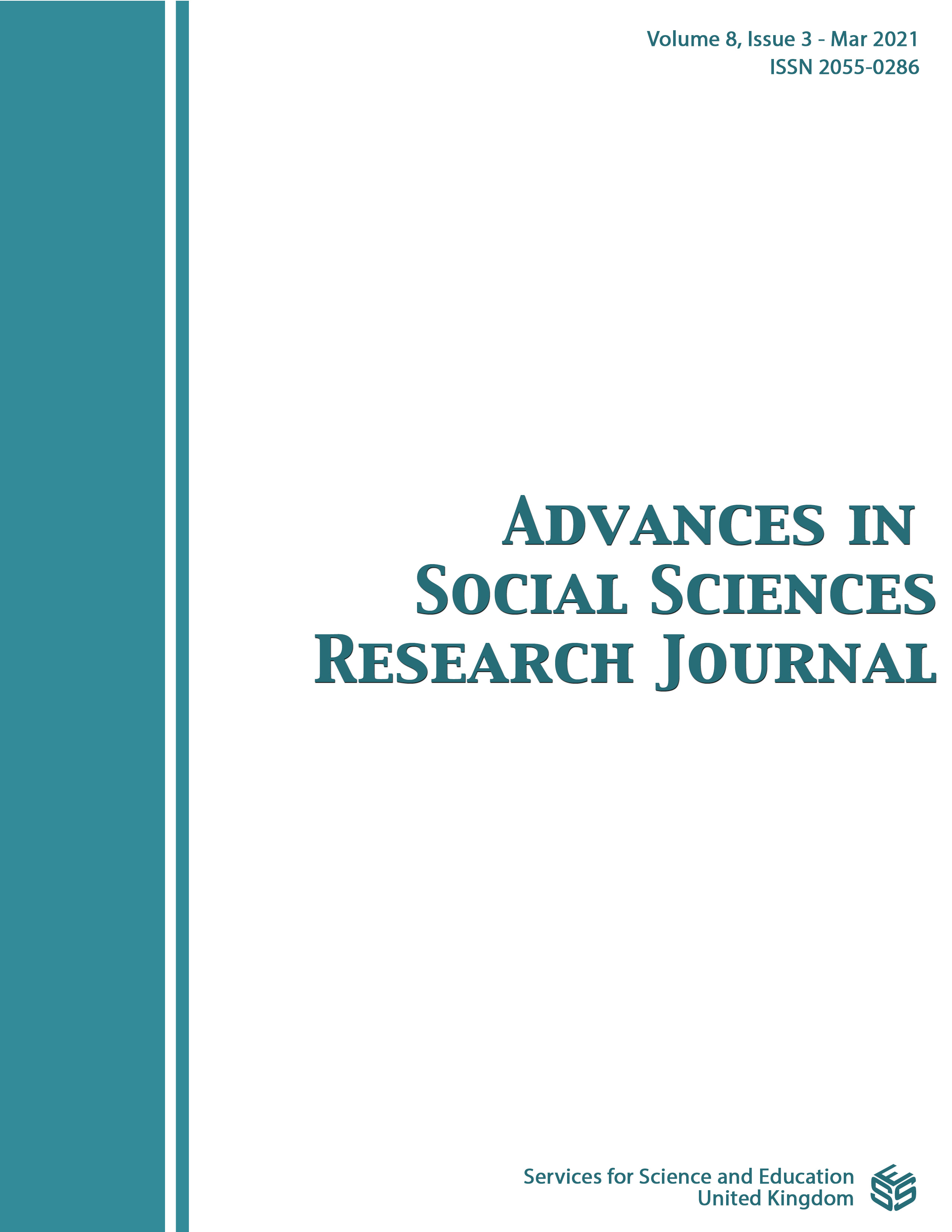Assessing the Determinants and Clues-to-Actions Influencing the Uptake of Modern Contraceptives Among Women of Reproductive Age 15-49 years in Federal Capital Territory, Abuja, Nigeria
DOI:
https://doi.org/10.14738/assrj.83.9708Keywords:
Family Planning, Health Belief, Modern Contraception, Satisfaction, UtilizationAbstract
The contraceptive prevalence rate for any family planning method among currently married women in Federal Capital Territory (FCT) is 23.9%; use of any modern method (20.3%) among currently married women, use of any traditional method (3.6%), not currently using any method (76.1%), and total fertility rate is 4.3 per woman (NDHS 2018). The study aimed at assessing the determinants and clues-to-action influencing the uptake of contraceptives among women of childbearing age (15-49) years. A cross-sectional household survey was conducted from February 20-March 15, 2019 in FCT, Abuja. A multi-stage sampling method was used to recruit 360 women, out of which 348 were successfully interviewed by trained interviewers yielding a response rate of 96.7%. SPSS version 20.0 was used for analysis. Findings revealed that 94.4% of women were aware of family planning services, 24.4% reported of ever used any family planning methods, 20.6% used any modern method, and 3.8% using any traditional method. Major reasons for discontinuation of modern contraceptives indicated were: became pregnant while using contraceptives (33.8%), desire to become pregnant (31.8%), delay in conception (30.9%), health concerns (24.3%), fear of having disable babies (22.1%) and side effects (13.8%). Applying Health Beliefs model the clues-to-action for uptake of contraceptives were: quality-of-care, women’s satisfaction of products, beliefs/attitude, side effects and health concerns. Review demand creation strategies to include community health - and religious leaders as change agents, invest more in education. pharmaceutical companies to review products side effects, aggressive marketing, harmonization of stakeholders’ effort to reduce duplication, and entrench central database.
Downloads
Published
How to Cite
Issue
Section
License
Authors wishing to include figures, tables, or text passages that have already been published elsewhere are required to obtain permission from the copyright owner(s) for both the print and online format and to include evidence that such permission has been granted when submitting their papers. Any material received without such evidence will be assumed to originate from the authors.






